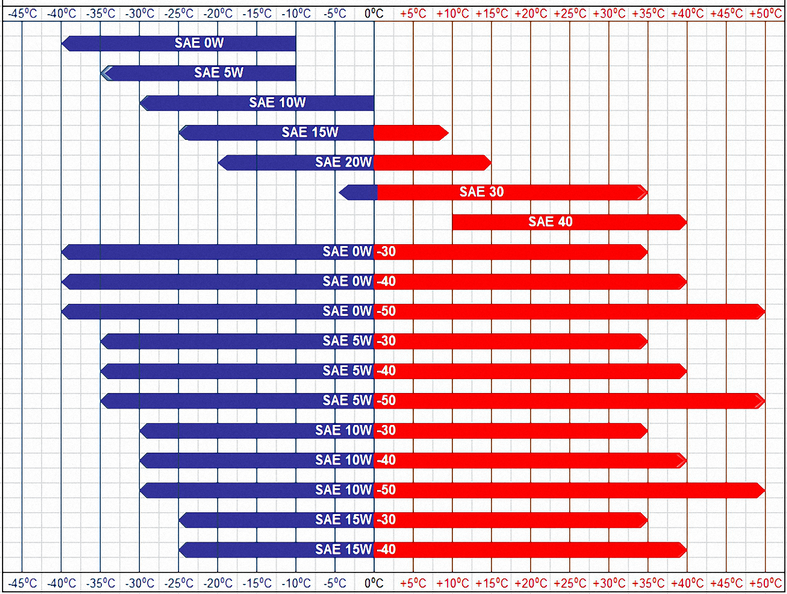I think it is interesting that the recommended oil for my rv gen, a 4kw air cooled Onan, is a synthetic blend, not full synthetic.
17 dollars a quart for oem Onamax oil. Whooeeeee.
note the 15/40 spec.
recommended oil for my gas motorhome, synthetic blend.
recommended oil for my Volvo, pure synthetic, whatever dealer is using. $125 oil change
It took years and years for Kubota to even think about putting synthetic oil in their engines.
Conventional oil clearly has some advantages.
oil has simply gotten so good, it's like stereo amplifiers. They are better than our ears. You want better sound? Get better
speakers. You want to baby your engine? Change the oil more often.
too bad they don't have a biodegradable oil, even edible.
soybean oil
somehow I don't think the turbo bearings in your Ecoboost truck will like soybean oil unless they make it synthetic...
if you go from conventional to synthetic on older engine, I'd check for drips after a few hours. Pretty sure you will be fine.
I had a 1956 Farmall Super A. It dripped like an English motorcycle normally. Straight 30W or 40W based on temp.
I can't imagine what putting modern synthetic in that
crankcase would do. If you have just rebuilt the engine, maybe.
otherwise some chance of loosening up 50 years of gunk in engine.
when I repowered my Gravely 8199 with a Vanguard 23hp, full syn has been in since beginning.
Uses zero oil. Original Kohler KT19 had worn rings and points to file. It smoked and smelled and
was well past its prime. Plus...4 more hp. 4 more hp transformed the little tractor.
Plus of course the chrome exhaust tip is worth at least one more hp.........
I wanted a modern engine on my older baby tractor.
modern engines usually are engineered for synthetic oil.
it would seem in more and more general applications now,
when in doubt,
go with synthetic blend. That's what I would put in an older air cooled vs full synthetic in
modern liquid cooled engine. After break in with conventional oil.
